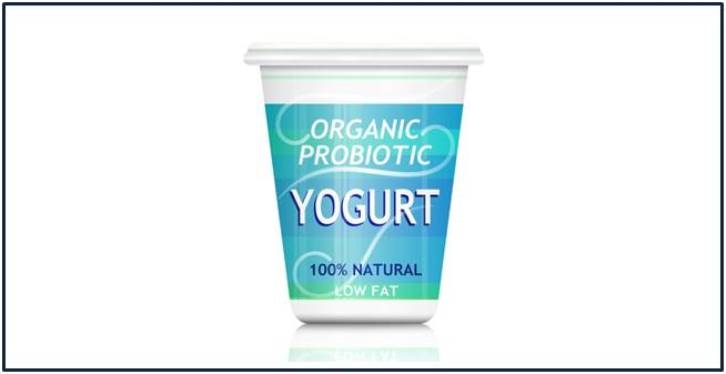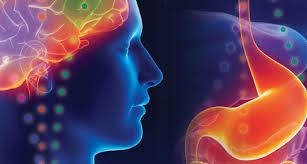27 May 2015 Probiotics: the New Prozac?

Probiotics are “good bacteria” which live in our bodies, particularly in our gastrointestinal (GI) tracts. There are about 100 trillion of these critters living in a diverse and dynamic community within our bodies, outnumbering human cells by a factor of ten to one! They play a crucial role in the functioning of the body. They aid in digestion and are important to nutrient production and absorption. They stimulate the immune response and reduce inflammation. Their impact is incredibly far-reaching. New research indicates that these bacteria affect our moods and behaviors.
Probiotics have been found to be beneficial in a number of health conditions. We’ve long known their benefit in multiple gastrointestinal conditions such as diarrhea, chronic constipation, irritable bowel syndrome, inflammatory bowel diseases.
They are also known to play a role in modulating the immune system and have been found to be helpful in reducing the risk of (and in the treatment of) such conditions as allergies and eczema. They can also decrease the risk of infections: dental cavities, urinary tract infections, and respiratory tract infections. Probiotics may even have utility as treatment for some forms of cancer.
Some newer evidence has linked an imbalance of our GI bacteria with an increased likelihood of obesity. Probiotic supplementation may decrease the risk of type 2 diabetes and lower cholesterol levels in the blood.
Recent research indicates that these beneficial bacteria may also affect mental health. Several studies have shown a link between specific probiotics, termed “Psychobiotics”, and changes in the nervous system, stress, mood, and behavior. This research points to the fact that stress, depression, and anxiety may be associated with changes in the microbial ecology of the body.

And, conversely, that change in the microbial ecology can alter mood and stress levels.
The clinical implications are huge: changing the balance of bacteria in our bodies may be beneficial in the treatment of depression, anxiety, and stress-based conditions.
The Science:
The experimental data looking into the effect of probiotics on mental health is still in its infancy. Scientists have postulated a number of ways in which these beneficial bacteria may affect the functioning of the brain, nervous system, neurotransmitters, and stress hormones.
Preliminary research, mostly in rodents, has revealed a few possible mechanisms by which probiotics may affect our moods:
1) Probiotics have been shown to have an effect on the nervous system via the “gut-brain axis” from its development to its daily functioning.
2) Gut bacteria have an effect on the autonomic nervous system and our experience of stress. A healthy GI bacterial balance results in less stress-reactivity.
3) Gut bacteria influence neurotransmitter production. In a recent experiment, mice stripped of good bacteria became anxious and depressed. By feeding these mice probiotics, their brain chemistry and their mood improved.
4) Probiotics reduce inflammation throughout the body. New research has linked depression with an increase in brain inflammation. Supplementing with probiotics may decrease this swelling of the brain.
Researchers are just beginning to conduct trials of supplementation of probiotics in humans with depression, anxiety, and bipolar disorder. Some small studies have demonstrated the effectiveness of supplementation of probiotics as well as the inclusion of foods rich in these “good bacteria” on mood, stress, and brain function.
We’ll stay tuned for more applicable clinical findings related to our “gut feelings”.
Our Recommendation:

Probiotics colonize the human body within the first few days of birth. Their maintenance is dependent on dietary “prebiotics” (fiber in the diet) which feeds these “good bacteria”. Consuming foods rich in fiber (such as fruits, vegetables, legumes, and whole grains), positively affects our gut bacteria. Adding fermented foods (such as yogurt, kefir, sauerkraut, tempeh, kimchi, pickles, kvass) to the diet has been found to favorably alter gut bacteria and have an impact on mood.
Beyond diet, you may consider supplementing with a probiotic. Medications such as antibiotics and steroids can adversely affect the balance of bacteria in the body. If you’ve taken either of these, you may want to consider a good quality probiotic.
In most people, a probiotic is considered to be safe and is well worth a try.
To Learn More:
To learn more about a healthy diet, we invite you to explore our Holistic Wellness Program.



